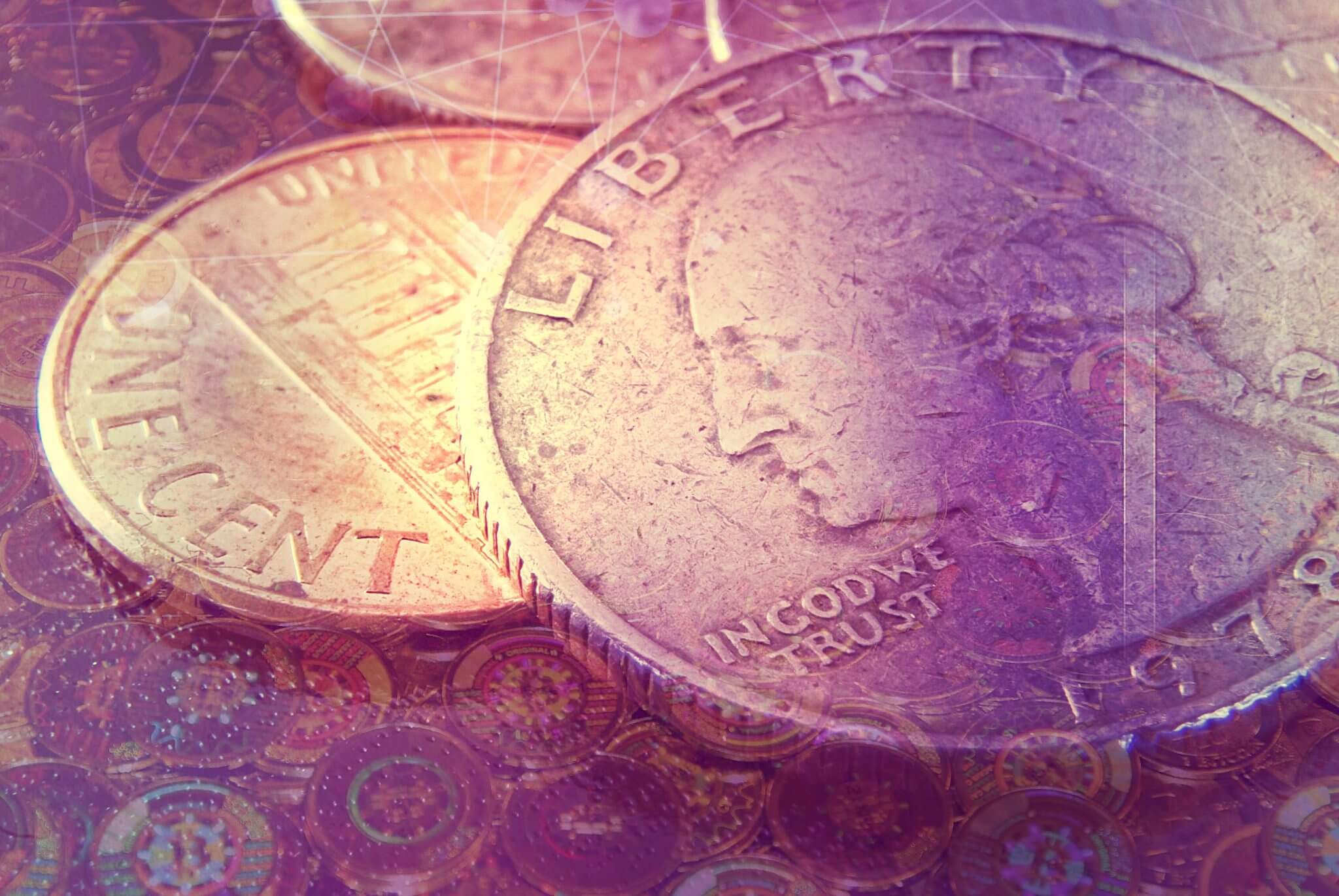
Jim Rickards, the New York Times bestselling author of Currency Wars, The End of Money, and The New Case for Gold, was recently interviewed on a reinvent.money hangout. Rickards discussed bitcoin, gold, and the world economy, and he also shared his views on why central banks may be dismissive (at least in public) of alternatives to fiat currency.
When first asked why central bankers seem to have a disdain for gold, Rickards responded, “If you had that much power, would you give it up voluntarily?”
The Bank of Canada also released a paper, which was dismissive of bitcoin as a potential world reserve currency due to central bankers and governments’ unwillingness to relinquish certain monetary powers, around the time this interview took place.
The Central Banker Club
When talking about central bankers, Jim Rickards referred to them as a small group of PhD economists who are the most powerful people in the world. For example, European Central Bank President Mario Draghi and the former Chair of the Federal Reserve Ben Bernanke both studied under Stanley Fischer at MIT, who succeeded Janet Yellen (who received her PhD from Yale) as Vice Chair of the Federal Reserve System in 2014. Rickards added:
“They all went to MIT or Harvard. They were each other’s classmates and each other’s thesis advisors. They’re running all the central banks in the world; they’re the most powerful people in the world.”
Rickards explained that this small group also holds influence far away from Harvard and MIT’s home bases in the United States, pointing out Reserve Bank of India Governor Raghuram Rajan as a specific example.
A Vested Interest in Fiat Currency
Rickards claimed that the large amount of power held among this relatively small group of people gives these individuals a vested interest in protecting the current system, which is based on fiat currency. He stated:
“They have a vested interest in gold, making you not think about gold, and miseducating you about gold because they want a paper-money standard that they can control. Anyone who controls the money controls political power, controls the economy, and controls people’s lives.”
In terms of the political power that comes with controlling money, Rickards claimed current Chair of the Federal Reserve Janet Yellen could be delaying an increase in interest rates as a way to help the Democratic candidates for President of the United States. Yellen is a Democrat who worked as the Chairperson of the Council of Economic Advisers under Bill Clinton, and the theory is that a hike in interest rates could cause an economic slowdown, which would harm the party that currently controls the executive office.
Paul Buitink, who hosts the reinvent.money hangouts, also pointed out that most central banks still hold gold as a main reserve, which appears to be a contradiction. Rickards agreed with this point and noted:
“The United States has 8,000 tons. The IMF has 2,000 tons. Germany has 3,000 tons. China has at least 4,000 tons, perhaps a lot more. Russia has bought 1,000 tons in the last six years. Why are all of these central banks hoarding and buying gold if it has no value?”
Central bankers have been asked this question in the past, with the most notable example being when former US Congressman and Presidential Candidate Ron Paul asked Ben Bernanke why the Federal Reserve holds gold in reserves. Bernanke’s eventual response came down to: “It’s tradition.”

